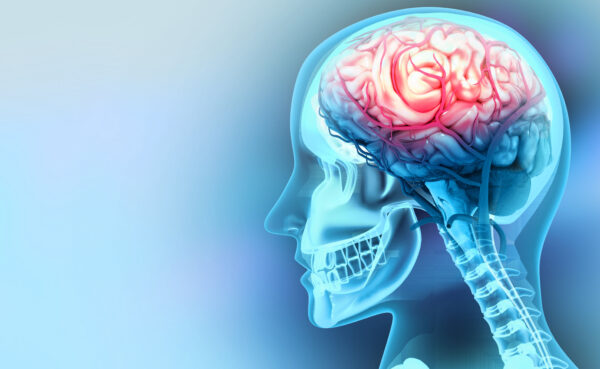
March is Brain Injury Awareness Month, a time to understand the significant effects a brain injury can have on a person's life. From physical disabilities to cognitive impairments and emotional disturbances, a traumatic brain injury (TBI) can be subtle or catastrophic. According to the Brain Injury Association of America, more than 5.3 million individuals in the U.S. live with a permanent brain injury-related disability. That's one in every 60 people.
It is crucial for people to understand the common causes, symptoms, and treatment options for TBIs. If you've suffered a TBI due to someone else's negligence, it's also essential to contact an experienced brain injury lawyer to review your legal rights and options. You may be entitled to financial compensation, and an attorney can fight for what you deserve.
Common causes of brain injuries
A TBI is caused by a blow to the head or body that creates a force strong enough to move the brain inside the skull. TBIs can also result from penetrating trauma, such as a bullet or bone fragment that pierces the skull and gets lodged into the brain tissue. Slip and falls, car accidents, workplace accidents, assaults, explosions, and sport-related accidents can all result in a TBI. Even simply walking into a door and hitting your head can cause a mild TBI or concussion.
Signs and symptoms of TBI
While symptoms may vary depending on the accident and the individual, some common indicators that may suggest a TBI include:
Physical symptoms
- Dizziness
- Nausea
- Headaches
- Sensitivity to light and sound
- Difficulty sleeping
Cognitive symptoms
- Memory loss
- Difficulty concentrating
- Difficulty making decisions
Emotional symptoms
- Depression
- Anxiety
- Irritability
- Mood swings
Delayed symptoms are not uncommon. It is important to note that symptoms may not appear until days or weeks after the initial injury. This can make it difficult to recognize a TBI, so it is critical for head injury victims to seek medical attention immediately after an accident.
TBI treatments
There are many treatment options available for those suffering from a TBI. The treatment recommended to you will depend on the severity and specific symptoms you are experiencing. For mild cases, rest in combination with pain reliever medications may be sufficient. Other medications, such as anticonvulsants, anticoagulants, and antidepressants, can also help treat symptoms.
Severe cases of TBI are often seen as a medical emergency, with a focus on preventing death. Surgery may be necessary to stabilize the person suffering the TBI. Surgical procedures could be called for to relieve pressure inside the skull and remove debris, hematomas, or skull fractures. With the appropriate treatment and care, many individuals with TBI can improve their quality of life.
Contact a Lexington, SC brain injury lawyer today
The brain injury attorneys at Johnson + Johnson Attorneys at Law understand the devasting effects a TBI can have on you and your loved ones. That's why we are dedicated and passionate about helping brain injury victims in South Carolina find their way forward.
Our attorneys are committed to providing compassionate and effective legal representation to TBI victims and their families. If you or a loved one has suffered a TBI, contact us today to see how we can help you. Our office is located in Lexington, SC, and we would be honored to talk to you about your potential legal case.

